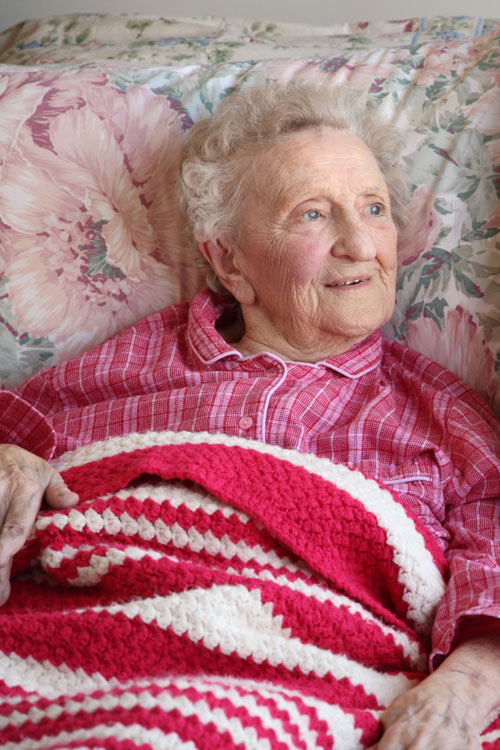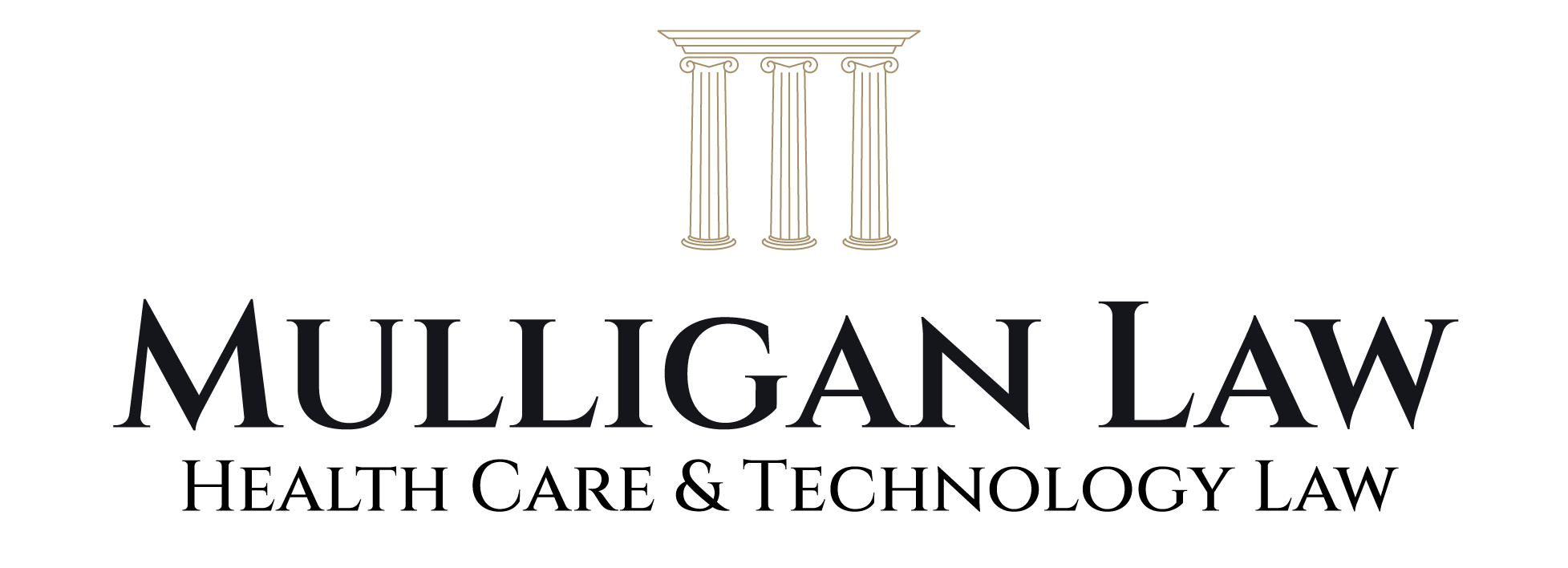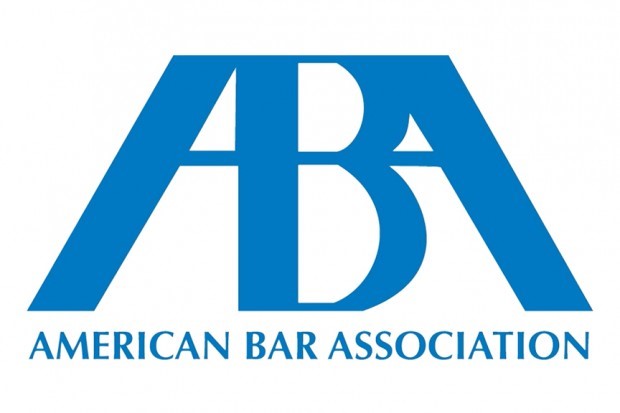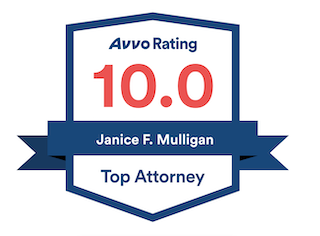Medical Malpractice
Extremely complex laws and issues are involved in the areas of both medical malpractice and elder abuse and neglect. We have lawyers at the firm of Mulligan Law who are also medically trained professionals. We have skilled attorneys who have been practicing in this area for decades. Our attorneys have a reputation for handling cases of complexity, from both a medical and legal perspective, and throughout the state.
There are several different categories of nursing homes in California. Each has its own licensing and certification requirements. Different staffing levels and hours of staff time per patient may apply to different categories. And each is appropriate for a different level of need or disability or your loved one. Several of the more common home types are:
Skilled Nursing Facilities – These are also known as SNFs. They are medical facilities that provide “skilled nursing” and supportive care to patients for extended periods of time. A person residing at a SNF usually needs a great deal of supervision and medical attention which family members generally cannot give. Long-term care for chronic conditions, such as Alzheimer’s or severe crippling rheumatoid arthritis, or rehab from a large surgical procedure are reasons you would stay in a SNF.
At a SNF, a resident must be seen by a physician at least every 30 days. Each resident should have a full individualized care plan which addresses specific needs. Plans must be made for fall risks, diet, medications, etc. Minimum Data Sets spelling out the particulars of the resident’s medical situation should be done quarterly, and at the time of any significant change in condition. These MDS help nursing staff identify problems, and let them know of the functional capabilities of each resident. Many SNFs accept Medi-Cal and Medicare patients, although some are private pay.
The California Department of Public Health Services oversees the licensing of SNF facilities in this state. You can report suspected acts of neglect and abuse to DPH and request an investigation. You can also call the experienced California elder abuse and neglect attorneys at this firm: (619) 238-8700.
Intermediate Care Facilities (ICFs) are medical facilities that can provide a greater level of care than RCFEs. They are licensed by the California Department of Public Health to provide supportive care and nursing supervision, though patients do not receive continuous care by licensed nurses.
Continuing Care Retirement Communities (CCRCs) may provide independent or assisted living on a long term basis, combined with nursing care. The California Department of Social Services provides oversight to these facilities. If the facility claims to provide skilled nursing, licensing and inspection is required by the California Department of Public Health.
Homes that request payments from Medicare and Medi-Cal are also required to meet the standards and certification requirements of those government programs.
Residential Care Facilities for the Elderly – RCFEs are more like regular homes than nursing facilities. They are sometimes called “Assisted Living Facilities.” RCFEs are non-medical facilities as they are not required to have medical professionals, such as doctors and nurses, on staff. A common concern with RCFEs is that they may admit patients who require a greater level of care than they can provide.
RCFE residents are provided only “custodial care”. Individuals living there can’t necessarily care for themselves, but they don’t need 24 hour nursing care, either.
Medi-Cal and Medicare don’t pay for RCFEs. Most RCFEs are paid for privately, by the residents themselves or their families. Special rules apply with regard to other income and public funding. Usually, people residing in an RCFE are making decisions for themselves, and attending events and doctor’s appointments outside of the RCFE. RCFEs may not accept residents with severe medical conditions that demand nursing care. Exceptions may be granted by the licensing agency. In the case of an RCFE, that is the California State Department of Social Services’ Community Care Licensing Division (“CCL”). Complaints may be made to CCL about neglect and abuse. New laws require RCFEs to carry insurance. You can also phone the offices of Mulligan Law at (619) 238-8700 if someone has been injured or passes away due to neglect or abuse at an RCFE.
Senior Living Facilities – Those facilities, like retirement villages, retirement hotels or senior housing developments that provide only housing, and maybe housekeeping and meals, are not required to be licensed. The residents of these types of housing are able to live independently and do not need the attention or supervision of others.
See our links:












